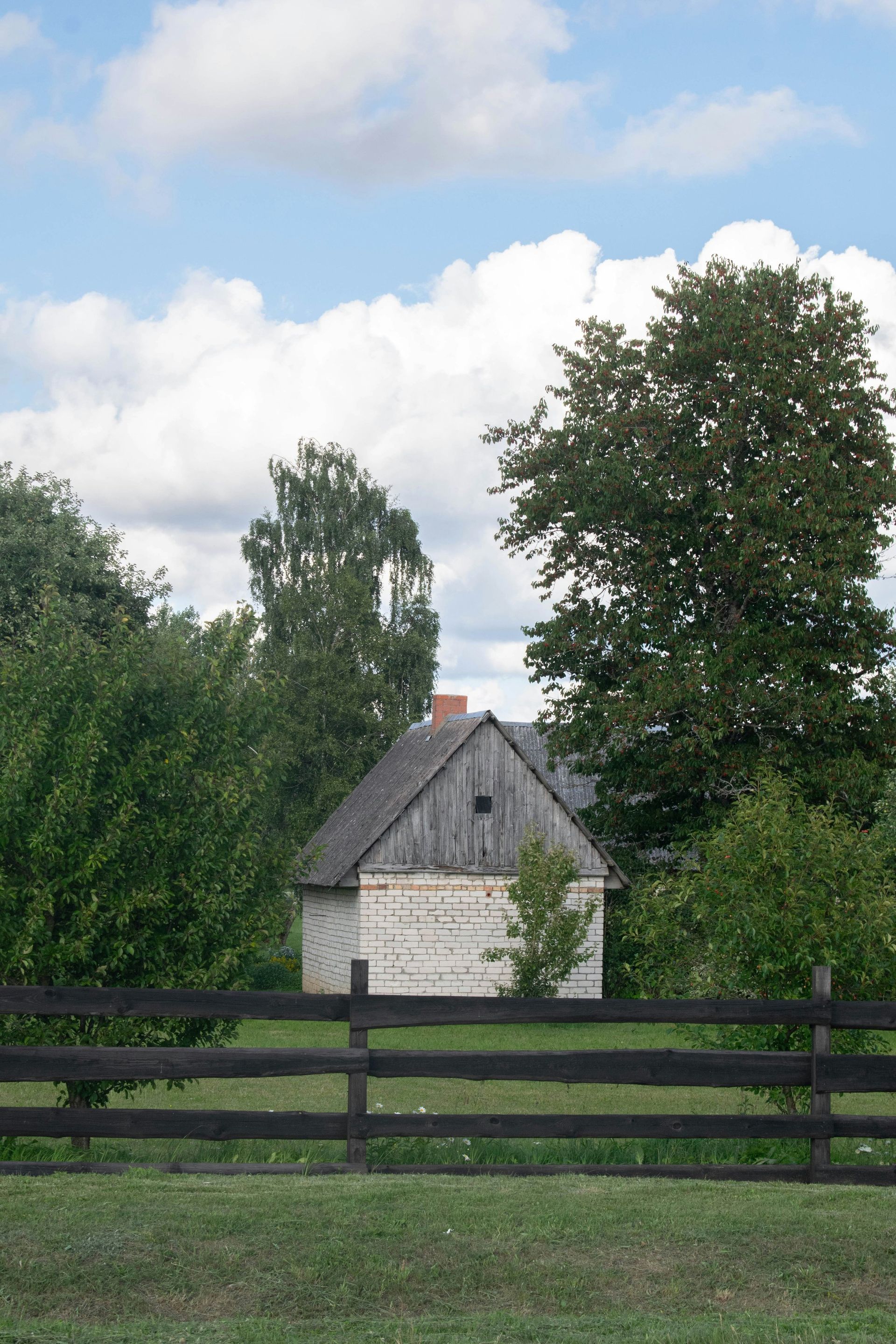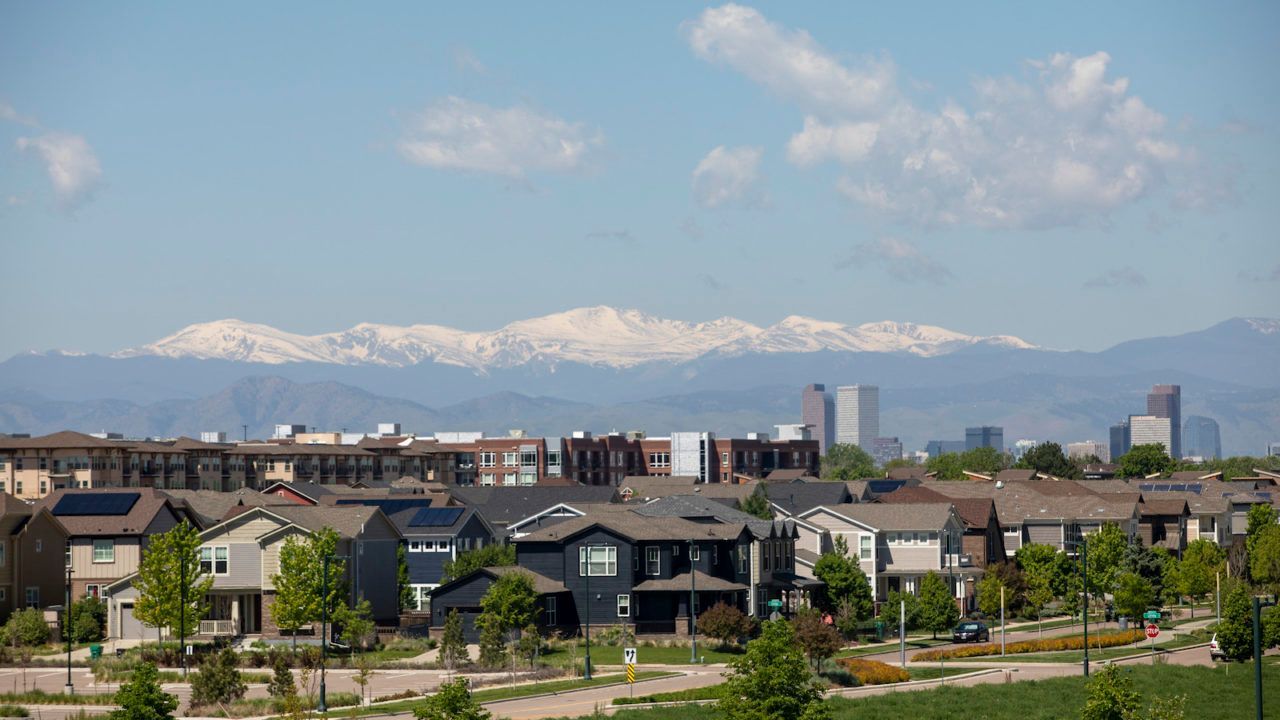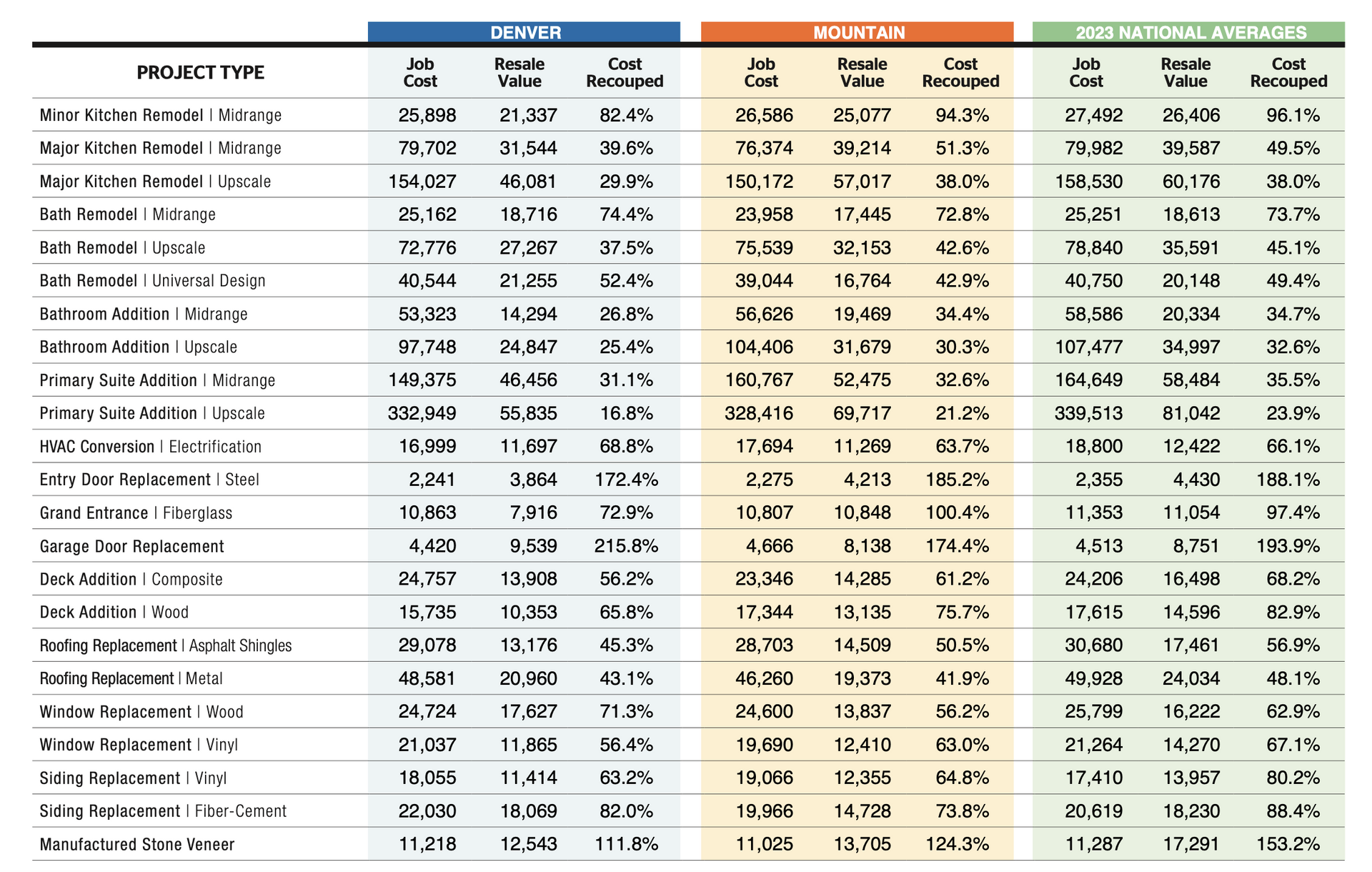A Quick Guide To What's Happening With Colorado's Property Taxes
When it comes to property taxes, Colorado has been on a wild ride for the past few years. Spiking tax values prompted ballot measures and special legislative sessions, as policymakers and voters struggled to find the right formula to fund schools and local governments without overwhelming homeowners.

All of that led Jan Edwards of Denver to write in to Colorado Wonders recently, asking for help to tease apart exactly what all has happened with property taxes in the past few years. The questions she brought us are ones many Coloradans share.
Edwards bought her townhome in Denver a decade ago. She’s on a fairly fixed income and looking for ways to economize, especially as inflation has made many necessities more expensive. Her rising property taxes don’t make that easy.
“It's a scary time and people are struggling,” Edwards said. “And now their property taxes — what's going to happen here?”
What was the Gallagher Amendment, and how did getting rid of it contribute to the current situation?
Jan said she’d heard that the repeal of the Gallagher Amendment in 2020 is why taxes have spiked so rapidly, but she doesn’t even really remember seeing the issue on the ballot, and wants to understand now what policymakers were thinking when they urged voters to take this step.
For almost 40 years, the Gallagher Amendment acted as a brake on Colorado’s residential property tax rates. It dictated that residential properties would pay no more than 45 percent of the state’s total property taxes, with the rest paid by commercial property owners and others.
Over the years, as housing development boomed, the result was that homes were taxed at a lower and lower rate, to keep the equation in balance. That worked out OK in fast growing-urban areas, but in rural parts of the state where residential growth was slower, schools and local governments saw their tax base erode.
In order to stave off further cuts, Democrats and Republicans joined together in 2020 to ask Coloradans to repeal the amendment, which voters did by about 15 percentage points.
But without that limit on what share of the tax base residential property taxes were responsible for, and as pandemic migration trends caused home values to soar, property taxes spiked much faster than voters possibly ever imagined.
Was there a long term plan for what to do about property taxes, with Gallagher gone?
The short answer is, no. When Gallagher was repealed, neither voters nor lawmakers put anything in its place.
Instead, for the last four years, the legislature has scrambled to stay ahead of the roiling housing market and the ballooning effect it has on tax bills.
In 2021, lawmakers approved a two-year rate reduction.
In 2022, they enhanced and extended that temporary discount for an extra year.
In 2023, Democrats urged voters to pass permanent reductions, essentially paid for out of TABOR refunds. After that effort, known as Prop. HH, failed, Gov. Jared Polis convened a special session to approve more short-term tax reductions.
In 2024, lawmakers first passed a bipartisan, 11th-hour bill to permanently lower tax rates, and then met in another special session to cut them even further, after they came under pressure from a powerful conservative group that threatened to put even deeper cuts to voters at the ballot box
Public officials are hoping that the bill they passed last year will be a permanent fix; it contains a brake that caps how much property tax revenues can grow in a year, theoretically preventing the kinds of spikes the state saw right after the Gallagher repeal.
But then why are property taxes still going up?
There are two reasons Colorado homeowners are likely to still see higher property tax bills next year and beyond.
The first is that property values have continued to rise. They’re not booming the way they were earlier in the decade, but they do tend to increase from year to year, and so tax bills will increase with them.
The second reason is that the discounted rate passed in 2022 is going away. That temporary discount was actually bigger than the permanent savings put in place last year. So when it comes time to pay your taxes in 2026, the typical homeowner will see a several hundred dollar increase as the new rate kicks in. They will, however, be saving money compared to what would have happened if the legislature hadn’t lowered the permanent rate.
Is there anything homeowners can do?
For those who qualify, the Homestead Property Tax Exemption can help lower their tax bills. The exemption applies to people over 65, disabled veterans and Gold Star spouses. To get the exemption, homeowners have to apply to their county assessor.
For everyone, the state operates a program that allows people to defer some or all of the increase in their property tax bills if they grow at more than 4 percent over two years. The program works essentially like a low-income loan, and the deferred taxes will have to be paid back in full, eventually.
Read more at CPR News



We are committed to providing an accessible website. If you have difficulty accessing content, have difficulty viewing a file on the website, notice any accessibility problems, or should you require assistance in navigating our website, please contact us.
©Copyright - All Rights Reserved
Website Powered by National Association of REALTORS®










